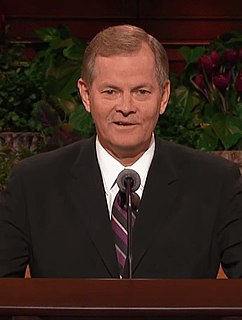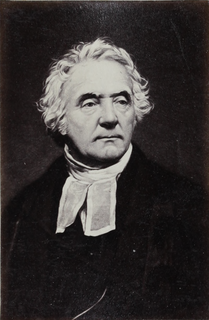A Quote by Haruki Murakami
Our hearts are not stones. A stone may disintegrate in time and lose its outward form. But hearts never disintegrate. They have no outward form, and whether good or evil, we can always communicate them to one another.
Related Quotes
It is astonishing, how many difficulties clear up without any effort when the inner life gets straightened out. If half the time we spend trying to fix up outward things were spent in getting our hearts right, we would be delighted with the result. Strange as it may seem, harmony within our hearts depends mostly upon our getting into harmony with God.
We can not communicate with the Lord if we do not communicate with each other. If we want to present ourselves to him, we must take a step towards meeting one another. To do this we must learn the great lesson of forgiveness: we must not let the gnawings of resentment work in our soul but must open our hearts to the magnanimity of listening to others, open our hearts to understanding them, eventually to accepting their apologies, to generously offering our own.
Who is pure in heart? Only those who have surrendered their hearts completely to Jesus that he may reign in them alone. Only those whose hearts are undefiled by their own evil--and by their own virtues too. The pure in heart have a child-like simplicity like Adam before the fall, innocent alike of good and evil: their hearts are not ruled by their conscience, but by the will of Jesus.
The Stone trembled and threw herself outward bound, toward Saturn. In her train followed hundreds and thousands and hundreds of thousands of thousands of restless, rolling Stones . . . to Saturn . . . to Uranus, to Pluto . . . rolling on out to the stars . . . outward bound to the ends of the Universe.
When we form heart-centered beliefs within our bodies, in the language of physics we're creating the electrical and magnetic expression of them as waves of energy, which aren't confined to our hearts or limited by the physical barrier of our skin and bones. So clearly we're speaking to the world around us in each moment of every day through a language that has no words: the belief-waves of our hearts.
Every man is a missionary, now and forever, for good or for evil, whether he intends or designs it or not. He may be a blot radiating his dark influence outward to the very circumference of society, or he may be a blessing spreading benediction over the length and breadth of the world. But a blank he cannot be: there are no moral blanks; there are no neutral characters.




































